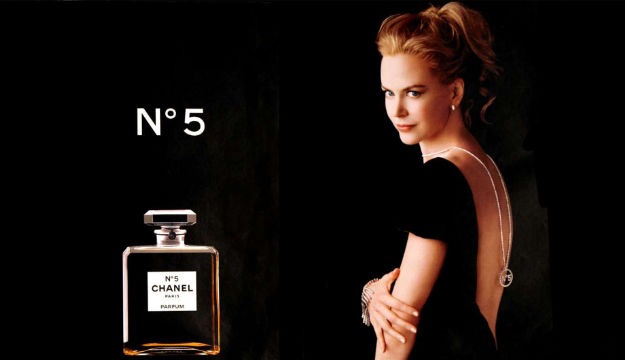In an increasingly competitive economic environment, brands are essential agents to compete and achieve a prominent position in the market.
The role of a brand goes beyond simply identifying a product; it becomes a strategic tool for companies seeking to stand out and prosper.
Next, we will delve into the reasons why brands are critical in this context and how they can benefit companies by making them more competitive.
Competence Generation. Brands not only represent products or services, but also embody the identity and values of a company.
In a saturated market, competition is inevitable, and well-defined brands allow companies to stand out from the crowd.
Differentiation becomes the key to attracting consumers, and a strong brand becomes a strategic asset to achieve this.
Competitiveness Benefits. Competitiveness not only drives business growth, but also generates a number of benefits.
By positioning itself as a leader in a market, companies can access greater business opportunities, attract investment and strengthen their presence both nationally and internationally.
Competition also drives innovation, as companies constantly seek to improve their products and services to outperform their rivals.
Demand Generation: Demand, a vital element in any economy, is intrinsically linked to the minds of consumers.
Effective brands have the ability to create and stimulate demand by emotionally connecting with their audience.
The positive perception of a brand in the minds of consumers can significantly influence their purchasing decision, even when faced with similar options in the marketplace.
Conceptualized Business as a Brand: Conceptualizing a business as a brand involves strategically intertwining product and communication.
Branding is not only about an eye-catching logo, but also about the narrative that is built around it, the added value that is communicated to customers, prospects, suppliers and interested public.
When a business is perceived as a brand, a deeper connection is established with consumers, which goes beyond the simple commercial transaction.
This emotional connection creates loyalty and fosters long-term relationships.
Great Brand Strategists in History
- Estée Lauder:
- Brand: Estée Lauder Companies.
- Strategy: Lauder was a pioneer in creating a luxury experience for its customers.
-
 Its focus on quality, personalized service and exclusivity contributed to position its products as symbols of elegance and sophistication.
Its focus on quality, personalized service and exclusivity contributed to position its products as symbols of elegance and sophistication.
- Richard Branson:
- Brand: Virgin Group.
- Strategy: Branson was noted for challenging conventions in various industries.

-
- Its bold and disruptive approach, coupled with customer focus, made Virgin a globally recognized brand.
- Coco Chanel:
- Brand: Chanel.
- Strategy: Chanel revolutionized fashion by focusing on simplicity and elegance.

-
- The brand has remained relevant through constant innovation and the creation of a timeless style.
These brand strategists demonstrated that building a strong brand is essential to business success, and their innovative approaches continue to inspire companies today.
You can also read the following article in DesignRush, which is very interesting: https://www.designrush.com/news/olivia-wilde-directs-heartwarming-spot-for-volkswagen





